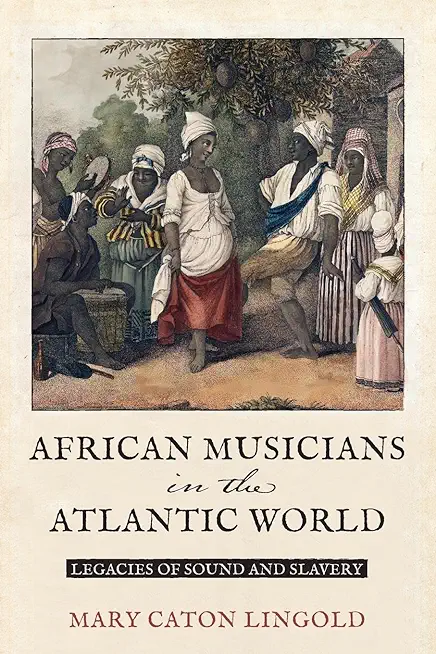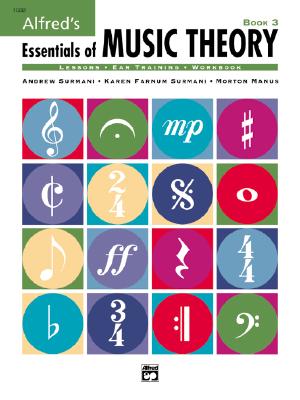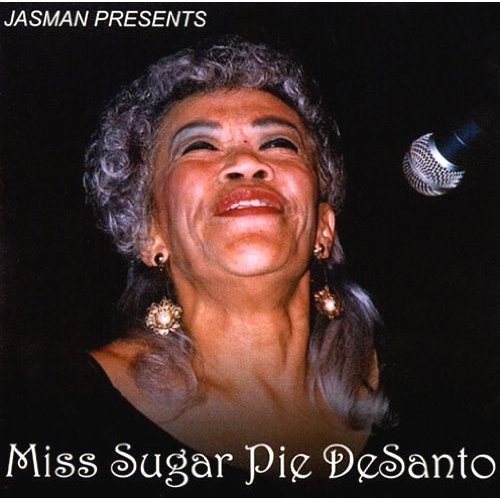
Lingold, Mary Caton
product information
description
uman expression, is one of the most powerful cultural continuities fostered by enslaved Africans and their descendants throughout the Americas. The roots of so much of the music beloved around the world today are drawn directly from the men and women carried across the Atlantic in chains, from the west coast of Africa to the shores of the so-called New World. This important new book bridges African diaspora studies, music studies, and transatlantic and colonial American literature to trace the lineage of African and African diasporic musical life in the early modern period.
Mary Caton Lingold meticulously analyzes surviving sources, especially European travelogues, to recover the lives of African performers, the sounds they created, and the meaning their musical creations held in Africa and later for enslaved communities in the Caribbean and throughout the plantation Americas. The book provides a rich history of early African sound and a revelatory analysis of the many ways that music shaped enslavement and colonization in the Americas.
member goods
No member items were found under this heading.
Return Policy
All sales are final
Shipping
No special shipping considerations available.
Shipping fees determined at checkout.







